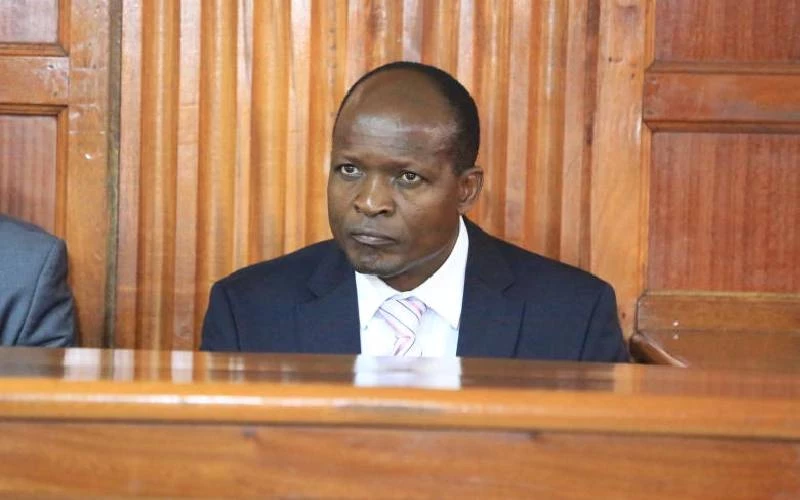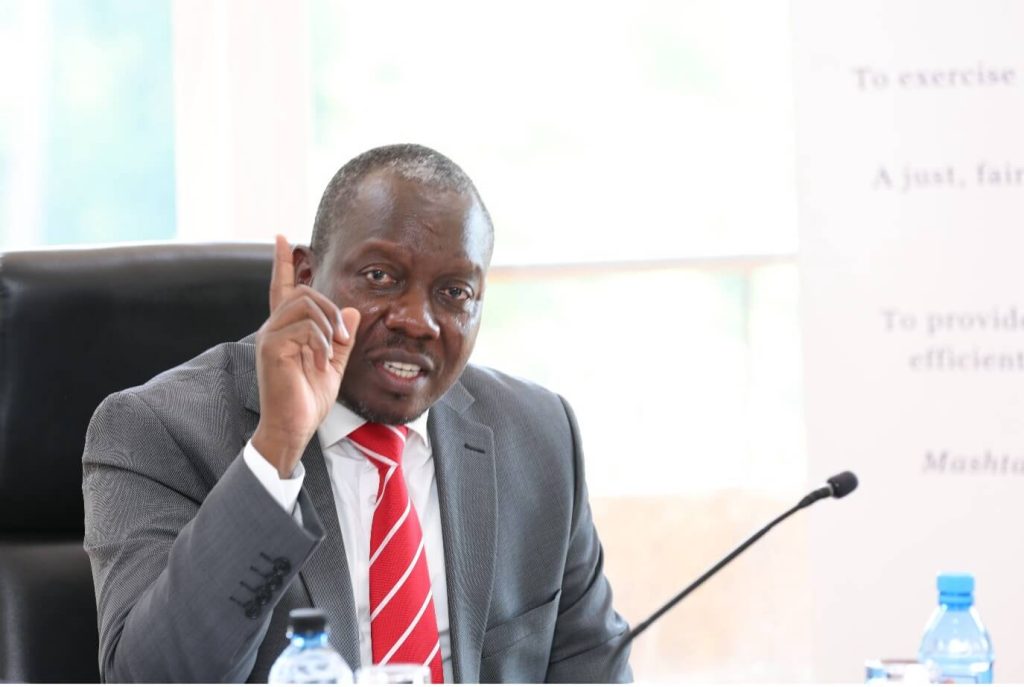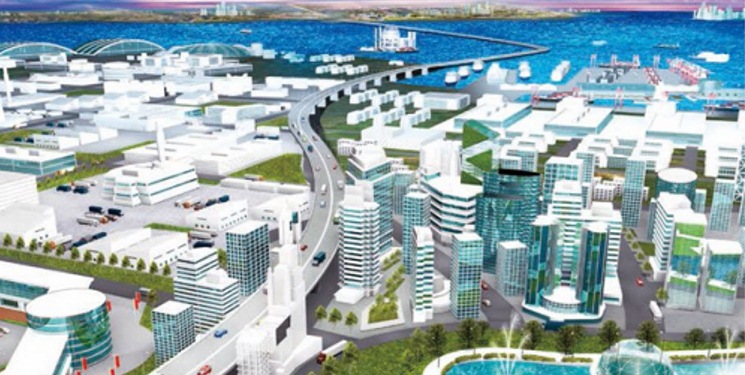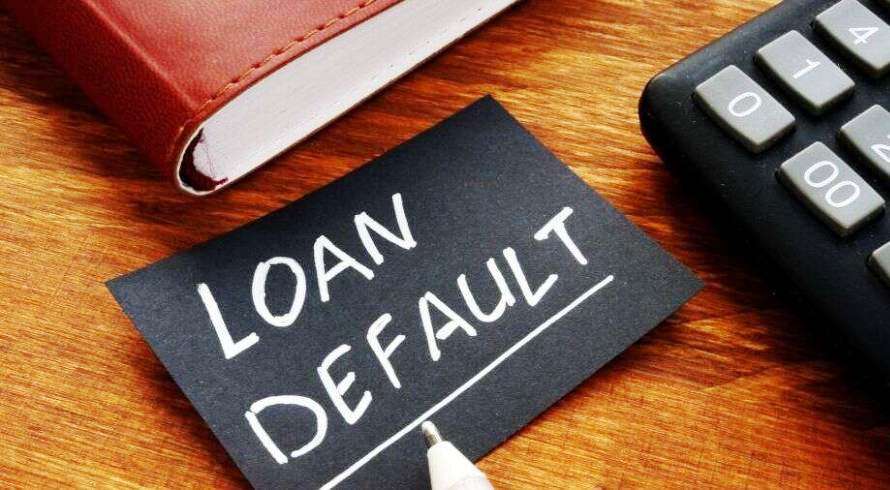EACC’s objection underscores a widening institutional rift over the ODPP’s apparent preference for out-of-court settlements in high-profile corruption cases. Sources at Integrity Centre confided to The Weekly Vision that such deals often frustrate investigators who spend years building watertight cases, only for them to be diluted or withdrawn without proper consultation
To unlock the full article:
Choose one of the options below:
- Ksh 10 – This article only
- Ksh 300 – Monthly subscription
- Ksh 2340 – Yearly subscription (10% off)
By The Weekly Vision Team
A fresh row has erupted between the Ethics and Anti-Corruption Commission (EACC) and the Office of the Director of Public Prosecutions (ODPP) after the anti-graft agency rejected a plea-bargain deal brokered with former Migori Governor Okoth Obado.
The proposed deal would have seen Mr Obado surrender property worth approximately KSh225 million in exchange for the dropping of criminal charges relating to the alleged embezzlement of KSh73 million during his tenure as county chief. His four children and several close business associates are among the co-accused.
When the matter came before Milimani Anti-Corruption Court Principal Magistrate Charles Ondieki, ODPP representatives sought to have the plea agreement adopted to bring the case to a close. However, EACC counsel M. Ng’ang’a rose in objection, blocking the deal and effectively stalling the ODPP’s push to avoid a full trial.
EACC’s opposition follows a recent court order the agency obtained allowing it to auction several properties linked to Mr Obado, including a commercial block at Sunshine Centre in Migori, a residential complex in Suna East, two apartments in Greenspan in Nairobi, maisonettes in Loresho in Nairobi, and developments in Kisumu and Riara, among others. These are the same assets Mr Obado had offered to forfeit as part of his plea-bargain proposal.

Earlier in July, Magistrate Ondieki had given the former governor and his co-accused a final opportunity to conclude plea negotiations by 21st August 2025. But when the deal was tabled in court on 30th September, it faced strong resistance from the EACC, which insisted it had not agreed to its terms. “The Commission is opposed to the agreement and did not sign it,” said Mr Ng’ang’a, representing EACC.
Despite all other parties endorsing the deal, the magistrate directed the EACC and ODPP to re-engage and “harmonise the points of departure”, reminding both institutions that plea bargains should ultimately serve the cause of justice.
Mr. Obado and 17 others face charges, including conspiracy to commit an economic crime, conflict of interest, money laundering, and unlawful acquisition of public property, offences allegedly committed during his tenure as governor.
EACC’s objection highlights a deepening institutional rift over the ODPP’s apparent preference for out-of-court settlements in high-profile corruption cases. Integrity Centre sources confided to The Weekly Vision that such deals often frustrate investigators who spend years building strong cases, only for them to be diluted or withdrawn without proper consultation.
According to a recent report to the Senate Public Accounts Committee, the EACC disclosed that 18 major graft cases from 15 counties have been withdrawn by the ODPP since 2013, including five in 2023, seven in 2024, and two so far in 2025. “The pattern has weakened public confidence in the fight against corruption,” a senior EACC officer said, adding that it wastes significant public resources and emboldens suspects who now view plea bargains as a predictable escape route.
The EACC’s stance was vindicated last month when the High Court in Nairobi quashed the ODPP’s decision to withdraw corruption charges against the Cabinet Secretary for Cooperatives and MSME Development, Hon. Wycliffe Oparanya.
Justice Benjamin Musyoki ruled on 16th September that the ODPP had acted outside the Constitution and its internal guidelines by dropping the charges without involving the EACC, the very agency that had investigated the matter and recommended prosecution.
The case involved allegations that Mr. Oparanya, while serving as Kakamega Governor, received over KSh 56.7 million from private companies, part of which was allegedly used to acquire property in Nairobi’s Karen suburb.
The court found that the ODPP’s unilateral decision to re-evaluate new evidence presented by Mr Oparanya’s defence team, without consulting the EACC, amounted to “usurping the investigative mandate of the Commission.” Justice Musyoki described the ODPP’s move as irregular, unconstitutional, and contrary to public interest, and reinstated the corruption charges. The ruling has reignited debate about prosecutorial accountability and the apparent lack of coordination between Kenya’s key anti-corruption institutions.
Nandi Senator Samson Cherargei recently questioned how the ODPP manages to “recover public funds without prosecuting those responsible,” a concern echoed by civil society watchdogs. Legal experts warn that unless the ODPP aligns its actions with the investigative work of the EACC, Kenya’s anti-graft drive risks being reduced to a series of negotiated settlements that favour political expediency over justice.
As the Obado plea-bargain saga unfolds, the broader question lingers: Is the ODPP still committed to fighting corruption through the courts, or has it chosen the path of quiet compromises?
[/full]




